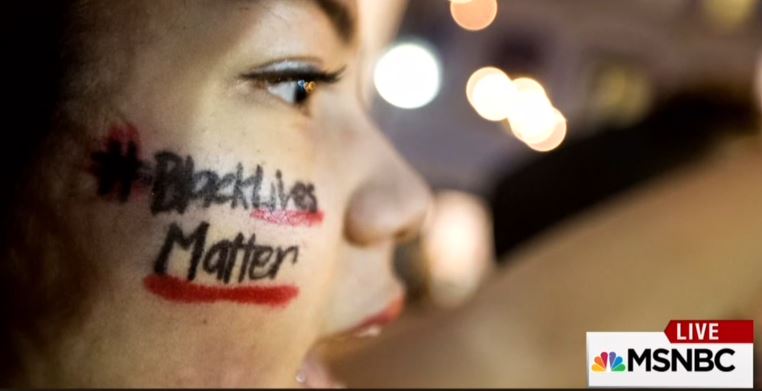 Even to liberals who call for more activism and daily journalism on diversity issues the Black Lives Matter movement seems aimless.
Even to liberals who call for more activism and daily journalism on diversity issues the Black Lives Matter movement seems aimless.
Journalist Leonard Pitts remarked on Black Lives Matter’s lack of specific goals during a panel of Pulitzer Prize-winning black journalists hosted by the Poynter Institute at the University of South Florida. The journalists weighed in on race and gender issues and how the media treats diversity news.
Black Lives Matter has energy without focus, said Pitts, who won the Pulitzer Prize for Commentary in 2004. He contrasted the movement with the Civil Rights Movement, one of the goals of which was the Civil Rights Act of 1964.
The conversation surrounding race has gone downhill, commented Cynthia Tucker Haynes, who won in 2007. Her observation is correct, but constantly drawing attention to race certainly does not seem to help.
“We are no better at talking about- perhaps we are worse now about writing and talking about race now than we were sixty years ago,” she said.
Haynes blamed the Tea Party, which she said is the same as the John Birchers of the 1960s, a radical right-wing group that opposed the Civil Rights Act and was denounced by William F. Buckley Jr. as "far removed from common sense."
“I remember living in D.C. at the beginning of the Obama administration writing for the Atlanta Journal-Constitution when it was quite clear to me that the Tea Party assemblage was not new. There was nothing new about these people,” said Haynes.
“They were, you know, John Birchers, they were, um, ‘the South will rise again’ types,” she alleged. “I had seen them. I had seen their slogans, but when I tried to suggest this in columns, in TV commentary, no one wanted to talk about it.”
Perhaps the reason no one was interested in Haynes’ accusation is that the Tea Party contingent of the Republican party is not at all identified with the John Birchers. While like the Tea Party they support limited government, the John Birchers are a racist fringe element condemned by conservatives.
Moderator Eric Deggins broached the topic of media bias, asking whether outlets balked at covering diversity issues to avoid losing “all the angry white guys” watching.
“I mean is Morning Joe going to talk about race in the way that we want … without fear of turning off all the angry white guys who show up to watch that show?” Deggins asked.
If the media does ignore controversial race stories, however, it is more likely they would ignore the ones that show a minority in an unfavorable light.
The media covers race when a shocking story breaks like the shooting of unarmed black teen Michael Brown in Ferguson, Mo. by a white police officer, Pitts said. However, it fails to provide context for Ferguson and events like it, leaving the public stunned and confused.
2009 Pulitzer Prize winner Eugene Robinson agreed, calling for day in and day out coverage of race and gender issues. Make it a regular beat, he suggested.






